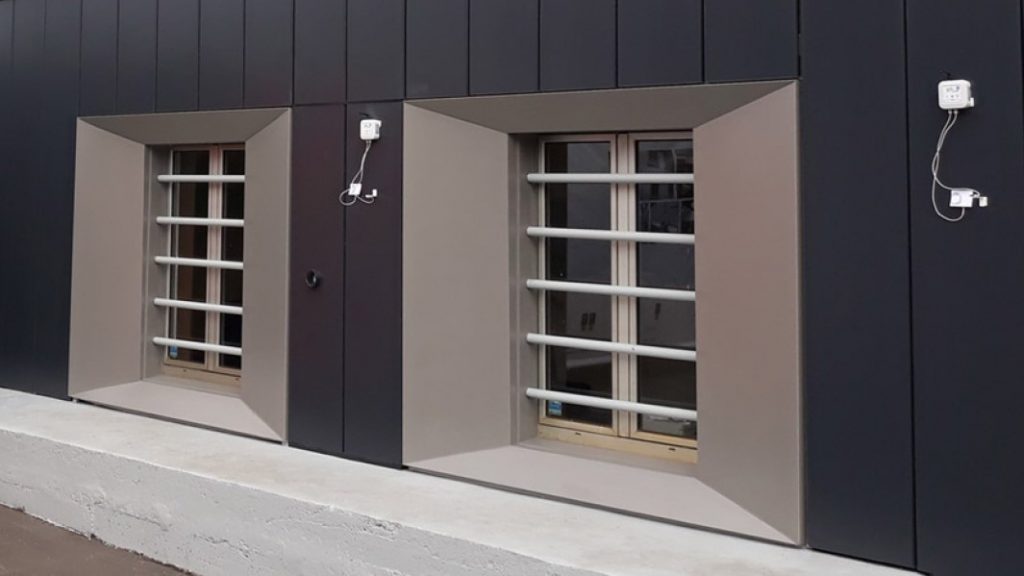Making Europe carbon-neutral by 2050 is no easy task, especially when its ageing buildings, many of them poorly insulated, waste massive amounts of energy. By some estimates, up to 110 million buildings in Europe need renovation when it comes to energy.
To address this enormous challenge, the EU-funded GELCLAD project has created cost-effective, easy-to-install eco-panels that can fit on the outside of buildings.
‘While the EU’s building stock is quite old, averaging 35 % over 50 years old, it is also quite energy inefficient, meaning that buildings should be regarded as a critical pathway towards the decarbonisation goals set for 2050,’ says GELCLAD project coordinator Jorge Corker of the Instituto Pedro Nunes in Portugal.
The Aerogel handshake
The deep renovation of even 3 % of the building stock would generate energy savings of approximately 100 terawatt hours per year (TWh/y). Increase it to 20 % by 2030 and it could save some 750 TWh/y, a European Parliament report shows. To put that into perspective, France’s yearly nuclear energy production is approximately 400 TWh/y.
In an effort to help meet the EU climate objectives, GELCLAD researchers designed a smart modular cladding panel made of advanced nano-insulation materials, weatherproofed recycled polymers, plastic foams and wood biopolymer composites.
‘The product is intended to be a ready-to-use and easy-to-install one, while superiorly capable of complying with the latest and strictest building energy-efficiency requirements,’ says Corker, noting it will last for more than 30 years. The facade panel includes an aerogel material that surpasses the performance of conventional insulations by around 45 %.
Some 100 tests were needed before the project team came up with a successful skin frame system. And it took more than 70 formulations processed by a ground-breaking extrusion technique at industrial-pilot scale before GELCLAD found its foamable and extrudable aerogel nanomaterial.
The result is a panel that can be applied to old buildings as well as new ones, with the advantage of being a modular all-in-one superior insulation.
Better insulation, more jobs
Given the scale of the challenge, the project also sought to cut the production cost of the nanotechnology-driven aerogel foam material by a third and maintenance and installation expenses by 65 % over typical systems.
Reducing such costs is key to rolling out a system in an energy renovation market that was worth some EUR 109 billion in 2015, providing almost 900 000 jobs.
‘Three different pilots in the UK, Slovenia and Germany have been successfully set up representing various industrial solutions accomplished at a full scale, towards future market demand,’ says Corker.
He adds, citing a conservative assumption, that should GELCLAD penetrate just 0.5 % of the exterior insulation facade systems market in the first years of commercialisation, it might represent a 60 000 m2/year market share. It is one step, among many, towards greening the future.
Project details
- Project acronym: GELCLAD
- Participants: Portugal (Coordinator), Slovenia, UK, Germany, Spain
- Project N°: 723425
- Total costs: € 5 538 847
- EU contribution: € 4 791 708
- Duration: September 2016 to August 2019
See also
Project details: https://cordis.europa.eu/project/id/723425
View the article online:
http://ec.europa.eu/research/infocentre/article_en.cfm?artid=52245
